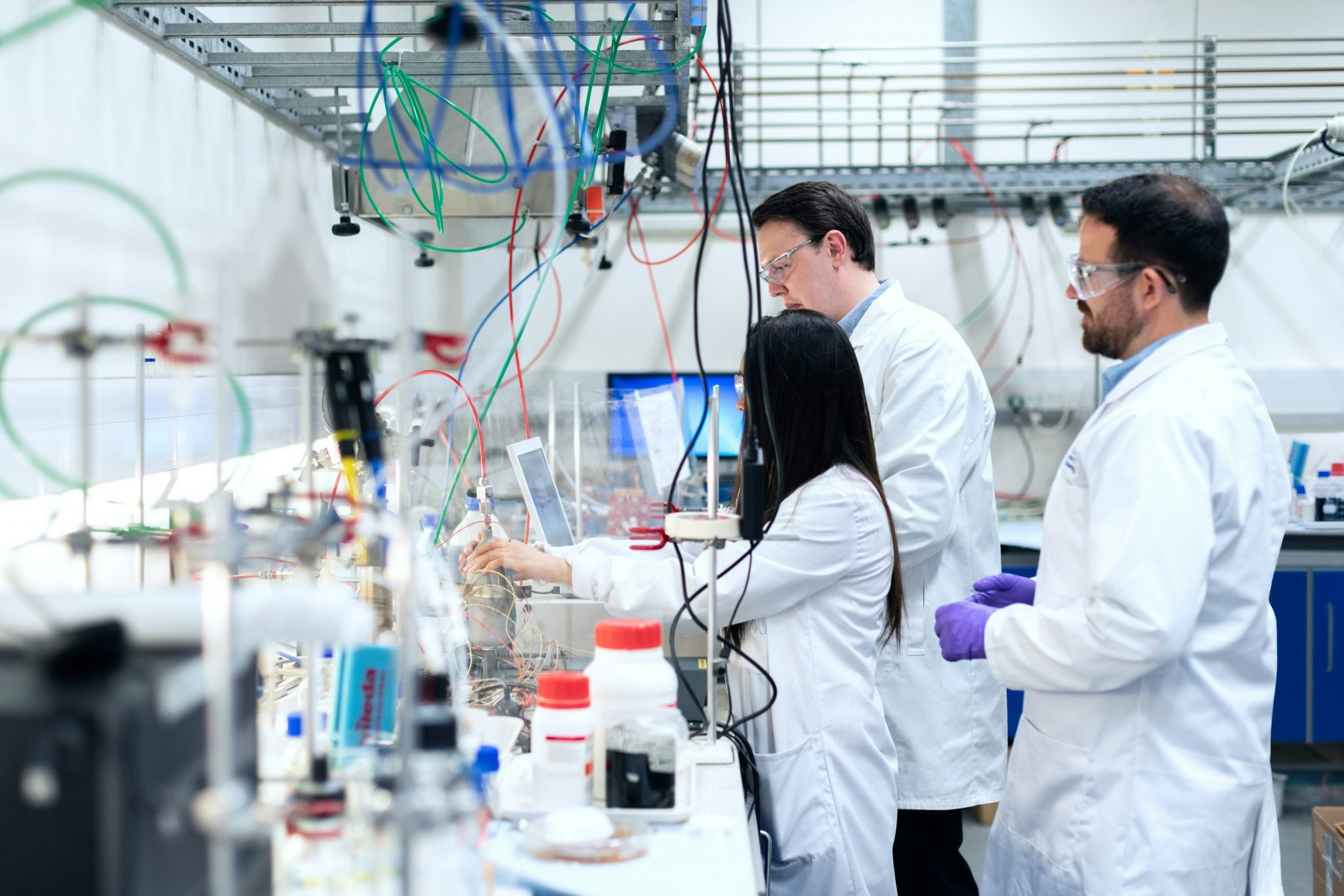It has been suggested recently that European universities and their technology transfer offices (TTOs) operate a broken commercialisation system that stymies growth and holds back entrepreneurs.
The system isn’t broken — it is specifically designed to back public — and charity-funded research and innovation over the long haul, something that many traditional investors are not set up to do. Whether it’s Cambridge’s Silicon Fen or London’s burgeoning artificial intelligence talent, universities’ access to industry, combined with the right levels of investment, has led to great success.
Think Achilles Therapeutics, raising $176m, and Orchard Therapeutics $225m IPO on the NASDAQ, Imperial College spinout Ceres Power’s impressive hydrogen technologies, or the anticipated Oxford Nanopore London Stock Exchange listing. They all show that university investment and support have enabled fundamental research to be commercialised at dramatically increasing rates. Like-for-like, the UK performs well compared to the US in metrics like the number of spinouts formed, invention disclosure and industrial income into the research base.
The successful, innovative companies that have spun out of UCLB, the commercialisation company of UCL, over the past 25 years are also a testament to this. Those spinouts include gene therapy leaders Freeline, who are developing therapies to treat chronic conditions like haemophilia B and potentially transforming the quality of life for hundreds of thousands of people globally.
TTOs as empowering enablers
Suggestions that universities and their TTOs are outdated, deter academic entrepreneurship, exist solely to generate revenue or are adversarial miss the reality of our purpose. In 2019, the UKRI commissioned Rees Review found that the UK’s most effective TTOs operate as enablers that empower universities to achieve greater impact aligning with their strengths and objectives. We understand that we are also just one potential route to transforming research into practice.
Suggestions that universities and their TTOs are outdated, deter academic entrepreneurship, exist solely to generate revenue or are adversarial miss the reality of our purpose.
Universities carry responsibility for maintaining the know-how, tools and funding to foster high-impact innovation, collaboration and success in every sector. But this does not happen overnight.
Research cannot always be brought to market fully formed, ready for VCs to invest — if only that were the case! For example, in areas like life sciences, quantum computing, renewable energy, electronics and advanced materials, entrepreneurial researchers may require years of access to public and charity-funded labs, specialist equipment and materials to be market-ready. This can involve significant risks and regulatory hurdles.
Universities and TTOs can provide legal, financial and project management support, guiding often first-time founders through what can be a daunting process, and stepping in before VCs can take on the risk.
The Royal Academy of Engineering’s ‘Spotlight on Spinouts’ report in January found that the average spinout exit time is approaching a decade, with the most common point of failure at 7.4 years. Universities back spinouts during their entire lifecycle, not just as there’s money to be made and risks are reduced. Senceive, a UCL spinout specialising in wireless infrastructure condition monitoring acquired earlier this month, was first founded in 2005 and funded and supported by UCLB all that time.
More funding mechanisms
Increasingly, different funding mechanisms are now available at British universities, meaning more research is making it to market.
The UCL Technology Fund, managed by AlbionVC in collaboration with UCLB, provides tools for spinouts to scale quickly by granting researchers access to funding, industry and the wider technology sector. The recent Northern Gritstone fund, created by the Universities of Leeds, Manchester and Sheffield, enables them to invest up to £500m into their spinouts.
The Rees Review also points out that innovation in how universities funding spinouts is driving a growing culture of academic entrepreneurship. When revenues are made, the returns enable universities to reinvest and support innovators on the often lengthy and challenging pathway to commercialising research.
To make a societal impact, we need the tools to support ventures in every sector, not just those aligning with the VC playbook. While I have highlighted the importance of the long-termist ‘classic’ commercialisation model for deep science innovation, flexibility is important and our sector increasingly recognises that a ‘one-size-fits-all’ policy won’t cut it.
Enforcing flat equity or licensing shares will only reward short-termism and make supporting the most challenging innovation harder. It doesn’t recognise the huge diversity of enterprises arising from universities.
That’s why it’s great to see innovation in how UK universities are working with founders to commercialise research. Take Portico Ventures, a new model at UCL for IP commercialisation offering researchers more freedom, enabling fixed equity models and rewarding founders for the IP they develop when they’re unable to patent them. These new models enable more research to be commercialised and more spinouts to cut through reported red tape and bureaucracy.
It was flexibility that meant UCL-Ventura, a low-cost breathing aid by UCL Healthcare Engineering, UCLH and Mercedes-AMG High Performance Powertrains, was developed and entered manufacturing for the NHS in just four weeks, and made freely licensable wherever it was needed globally.
Looking from the outside in, it could be easy to assume the systems of university commercialisation are slow and unwieldy. But the coronavirus pandemic has been a strong reminder of the importance of universities globally in supporting innovation that can help society overcome some of its greatest challenges. Commercialised research was critical to establishing a lifeline out of the COVID-19 pandemic, supporting the development of the AstraZeneca, Pfizer and other vaccines.
Supported by a rich community of hospitals, charities and others, UK universities are important connectors and facilitators of tomorrow’s breakout technologies. The success of this ecosystem is already clear; the UK’s universities deliver strongly when it comes to creating entrepreneurial cultures and putting in place the tools needed to back spinouts over the long haul.
👉 Next read: Europe's top 'unicorn universities' in 2022



